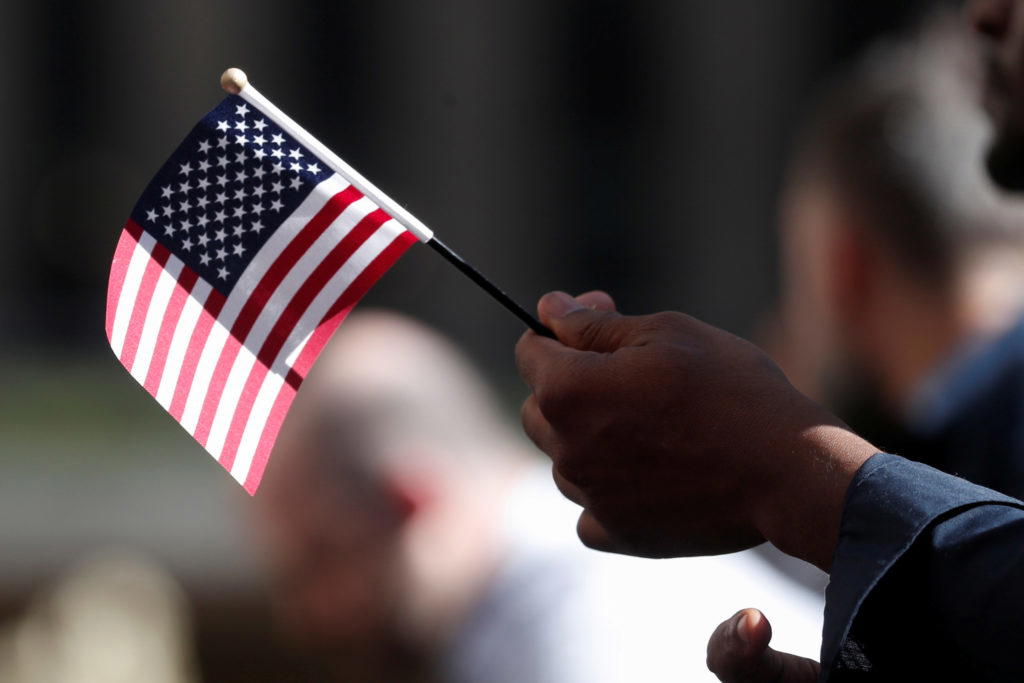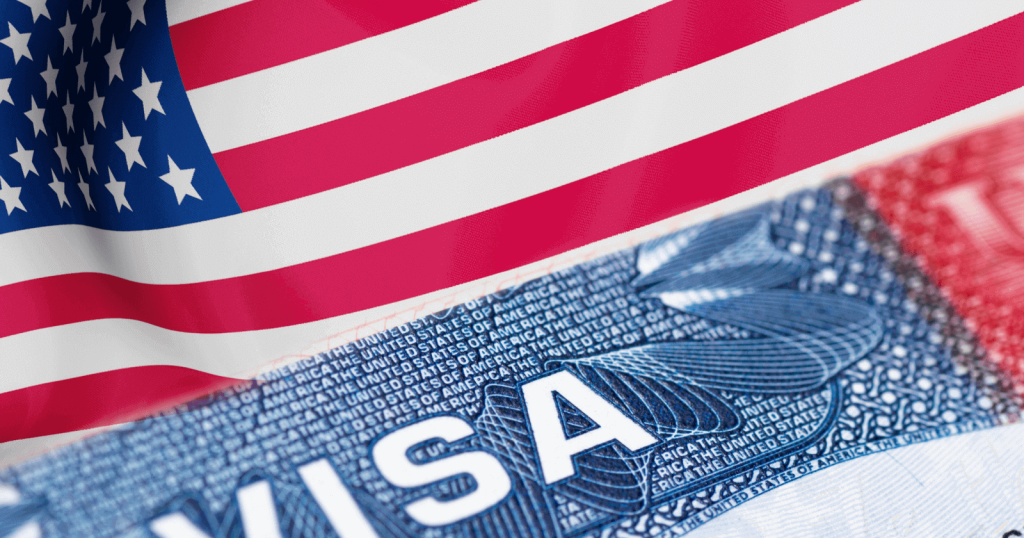By Favour Osah
Getting a US visa on your own can be tough, but finding the right sponsorship makes the process smoother and more realistic. Sponsorship simply means someone in the US, an employer, school, or family member, is legally backing your entry.
Below are six proven ways to secure a visa sponsorship to the United States:
1. Employer Sponsorship
This is the most direct route for professionals. A U.S. company agrees to hire you and files a petition with U.S. Citizenship and Immigration Services (USCIS). The most common visa under this route is the H-1B, meant for specialised occupations such as engineering, tech, healthcare, and finance. Other options include the O-1 visa for individuals with extraordinary ability and the L-1 visa for employees transferred from a foreign branch of the same company.
The employer files Form I-129 and a Labor Condition Application (LCA) to confirm they will pay you fairly under U.S. labour laws. Once approved, you receive your visa stamp at the embassy. The biggest challenge is finding a U.S. employer willing to go through the sponsorship process, but large multinational firms and tech companies often do.
2. Study Route through OPT
Many Nigerians enter the U.S. through education. With an F-1 student visa, you can study at a U.S. university, and after graduation, apply for Optional Practical Training (OPT). This allows you to work legally for 12 months, or up to 36 months if your field qualifies for a STEM extension. During that time, employers can evaluate your work and later sponsor you for a long-term visa like the H-1B.
This pathway is popular because you gain U.S. experience while already legally present in the country. However, it requires upfront investment in tuition and strong academic performance.
3. Intracompany Transfer
If you already work for a multinational company in Nigeria, this may be your simplest path. Under the L-1 visa program, your company can transfer you to its U.S. office if you’ve worked for at least one year in the past three years. This visa applies to managers, executives, and employees with specialised knowledge.
It avoids the H-1B lottery and provides a smoother transition since you’re moving within the same organisation. The process involves your employer proving the relationship between the Nigerian and U.S. offices and your role within the company. If you work in banking, tech, oil, or manufacturing, look for firms with U.S. branches and express interest in internal transfers early in your career.

4. Family-Based Sponsorship
If you have close relatives in the U.S., they can legally sponsor your immigration. U.S. citizens can file petitions for spouses, parents, children, and siblings, while green card holders can sponsor spouses and unmarried children. For engaged couples, the K-1 fiancé(e) visa allows entry to marry in the U.S. and later apply for a green card.
The process starts when your relative files Form I-130 (Petition for Alien Relative). They must prove the relationship and show financial ability to support you through an affidavit of support (Form I-864).
5. Diversity Visa Lottery
Each year, the U.S. Department of State runs the Diversity Visa (DV) Lottery. It randomly selects individuals from eligible countries to apply for permanent residence. Nigeria is usually eligible, and entry is free. If selected, you can apply for an immigrant visa and, once approved, receive a green card.
Although it’s based on luck, many Nigerians have successfully moved to the U.S. through the lottery. To apply, visit the official DV lottery website during the registration period, usually between October and November. Keep your confirmation number and avoid fraudulent websites claiming guaranteed entry.
6. Scholarships and Exchange Programmes
Winning a fully funded scholarship or academic exchange gives you an automatic visa sponsorship, usually an F-1 or J-1. Programs like Fulbright, Hubert Humphrey Fellowship, and other U.S. government-funded opportunities provide not just visas, but tuition, living costs, and research support.
These programs are competitive, but they offer valuable exposure to U.S. institutions and employers. Many participants later transition into jobs that lead to work visas or permanent residency. To qualify, prepare strong academic transcripts, recommendation letters, and personal statements. Keep track of scholarship deadlines on official Fulbright or university pages.
Each path requires preparation, patience, and awareness of scams. Always rely on official government websites like uscis.gov and travel.state.gov for accurate information. Build your qualifications, maintain good records, and explore multiple routes at once.
The post 6 ways to get US visa sponsorship from Nigeria appeared first on Vanguard News.

